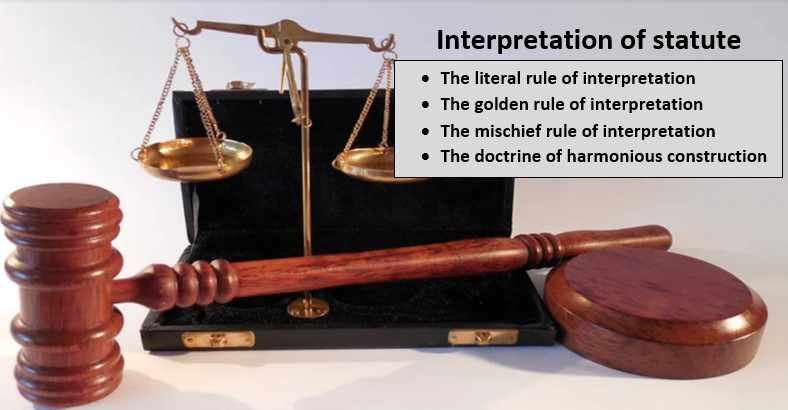A Fundamental Right to Sleep
Written by Anamika pursuing BA., LLB from Lovely Professional University, Phagwara Sleep is an essential ingredient for healthy human lives and well-being. The human body works properly only after certain hours of sleep between 7-9 hours per day. The right to sleep is included in our Indian constitution under Article 21 i.e., the Right to […]








